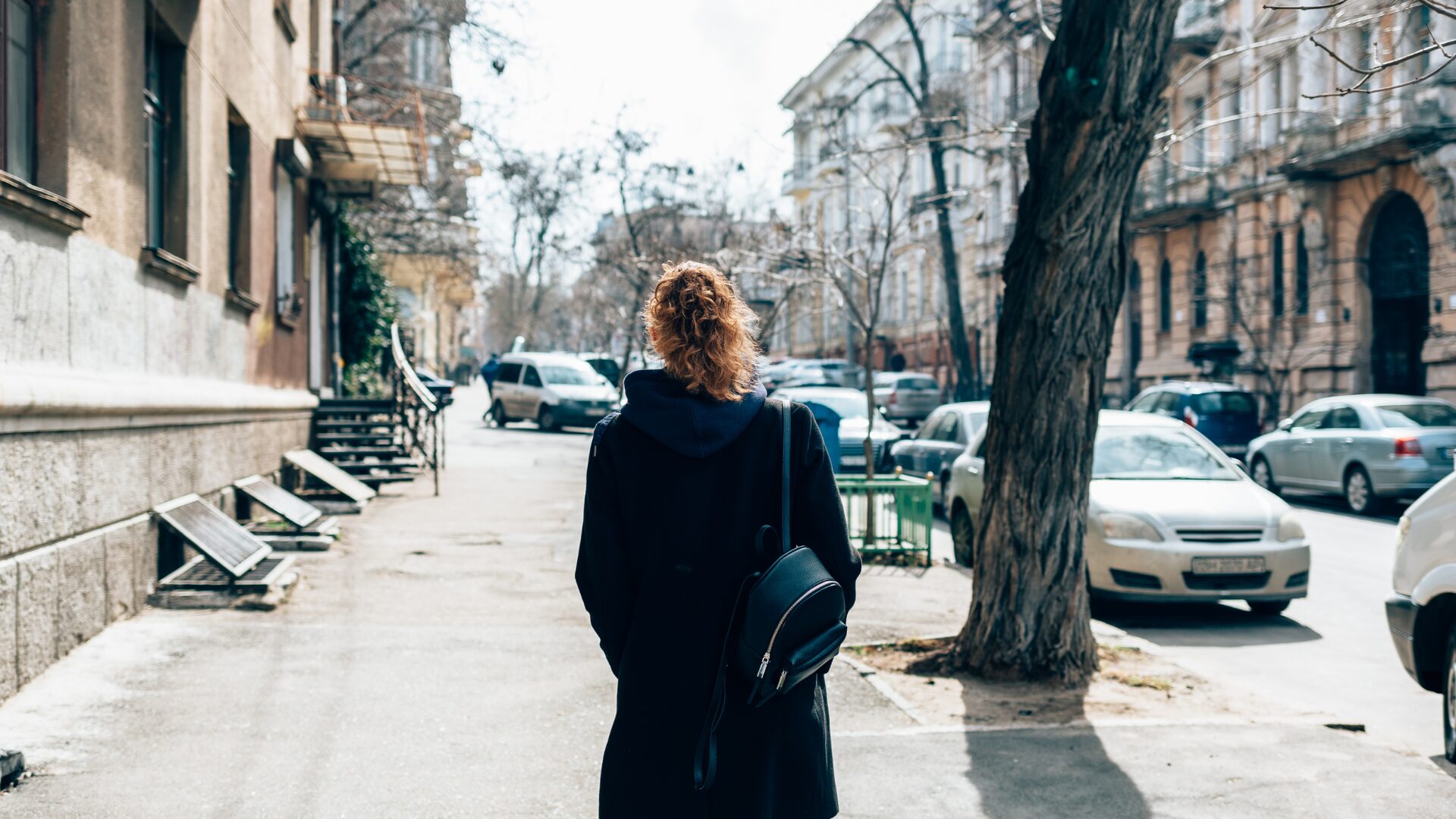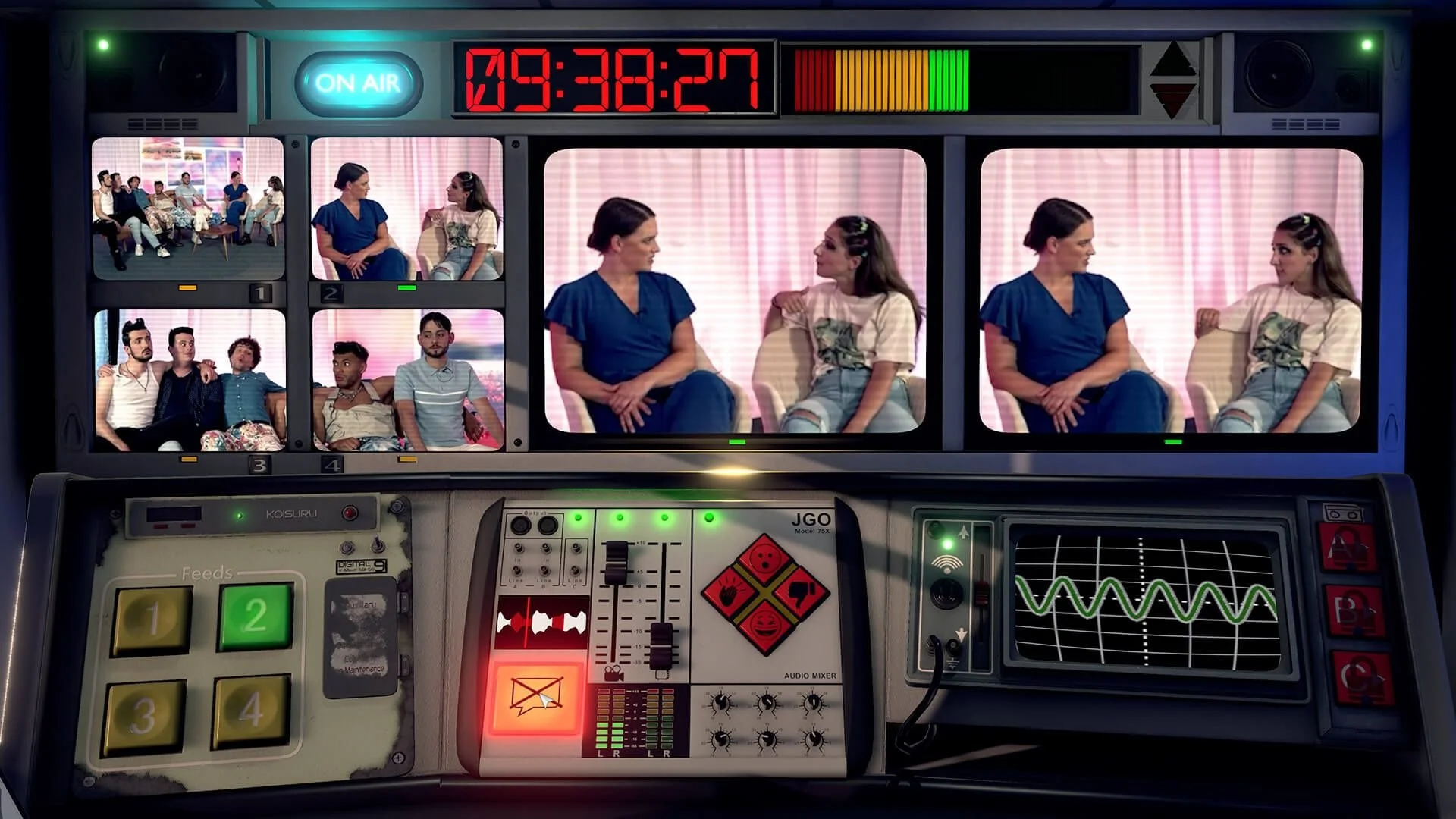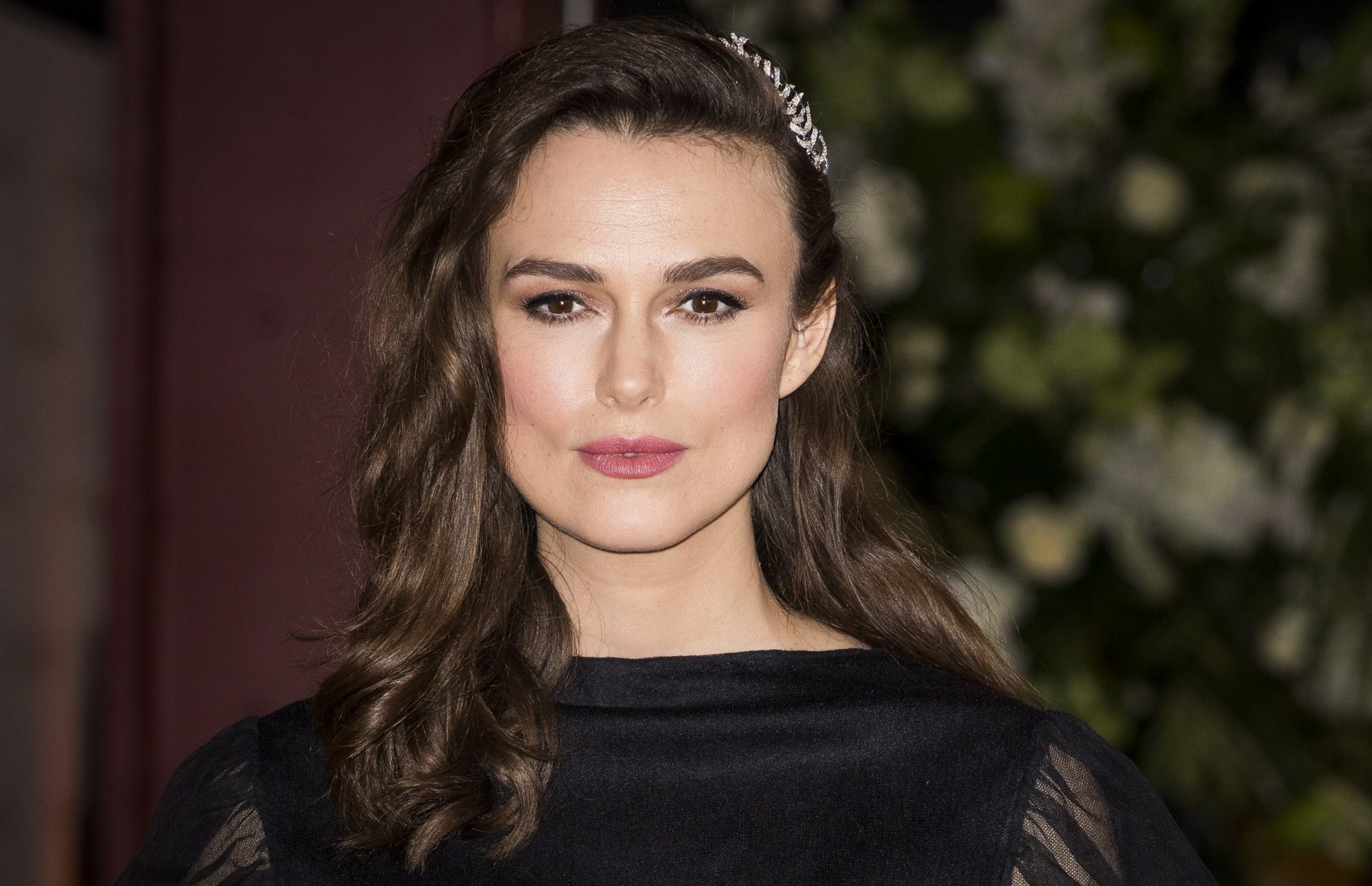Intersex people are those whose physical or biological characteristics such as sexual anatomy and genitalia are difficult to define or are atrophied, so much so that it is impossible to classify these people as having so-called female or male anatomy. These people often are victims of discrimination and violence. And their suffering is just beginning to be recognized. A first step was taken on April 4th. A resolution on the matter “the fight against discrimination, violence and harmful practices against intersex people” it was adopted Thursday in Geneva with 24 votes of the 47 members of the United Nations Human Rights Council.
When will discrimination and mutilation end?
And although this resolution is not binding, it is the first. “Intersex people face ongoing discrimination in various areas of their lives, including sport, health and education” and in extreme cases, this leads to violence” such as forced castration, forced sterilization and even infanticide”, said South African Ambassador Mxolisi Nkosi. Approximately 1.7% of the world’s population is affected by this type of sexual characteristics.
To better understand what intersex people experience, here are some podcasts you can listen to and share.
France is late
France is not a good student in this area. Specifically, it was convicted three times in 2016 by the UN for the mutilations of intersex children. The latest case so far, Mö’s 2022 complaint, which accused France before the European Court of Human Rights (ECHR) of having refused her access to a trial despite having filed a complaint in 2015 for “violence resulting in the mutilation or permanent disability of a minor under the age of 15 or a vulnerable person”reports an article by World. In its ruling, the ECHR considered that this violence was contrary to Article 3 of the European Convention on Human Rights which provides for “no one may be subjected to torture or to inhuman or degrading treatment or punishment “. Above all, there must be a therapeutic need “ convincingly demonstrated ». Mila Petkovathe lawyer then declared to the newspaper “ It (the ECHR) provides, for the first time in its history, a complete justification which allows us to deduce that the acts suffered by Mö due to his intersexuality correspond to mutilations ».
For the moment it is article 30 of the the law on bioethics revised in 2021, which regulates the situation of intersex children. It does not prohibit early surgical or medical interventions without the child’s consent (reduction of the clitoris, removal of the ovaries or testicles, construction of a vagina, taking hormones).
Listen to Laisse-moi kiffer, Madmoizelle’s cultural advice podcast.
Source: Madmoizelle
Mary Crossley is an author at “The Fashion Vibes”. She is a seasoned journalist who is dedicated to delivering the latest news to her readers. With a keen sense of what’s important, Mary covers a wide range of topics, from politics to lifestyle and everything in between.





